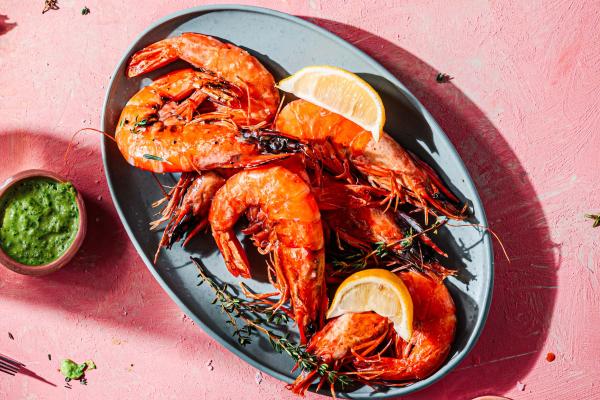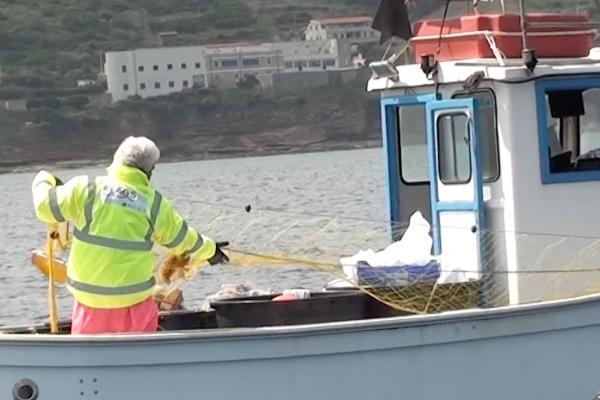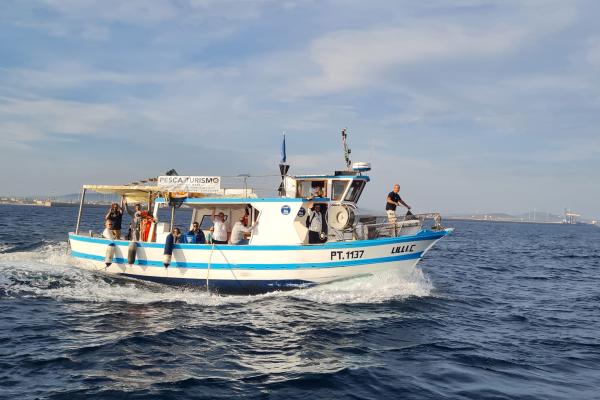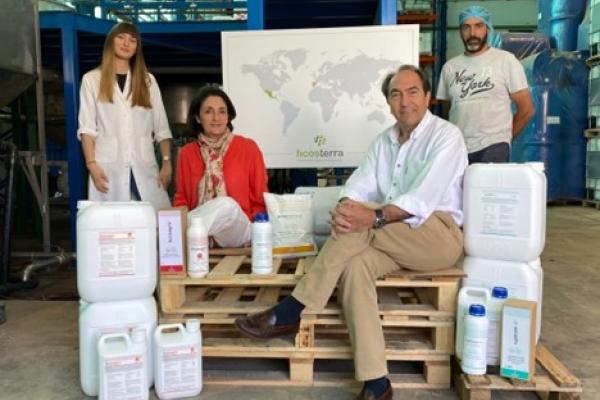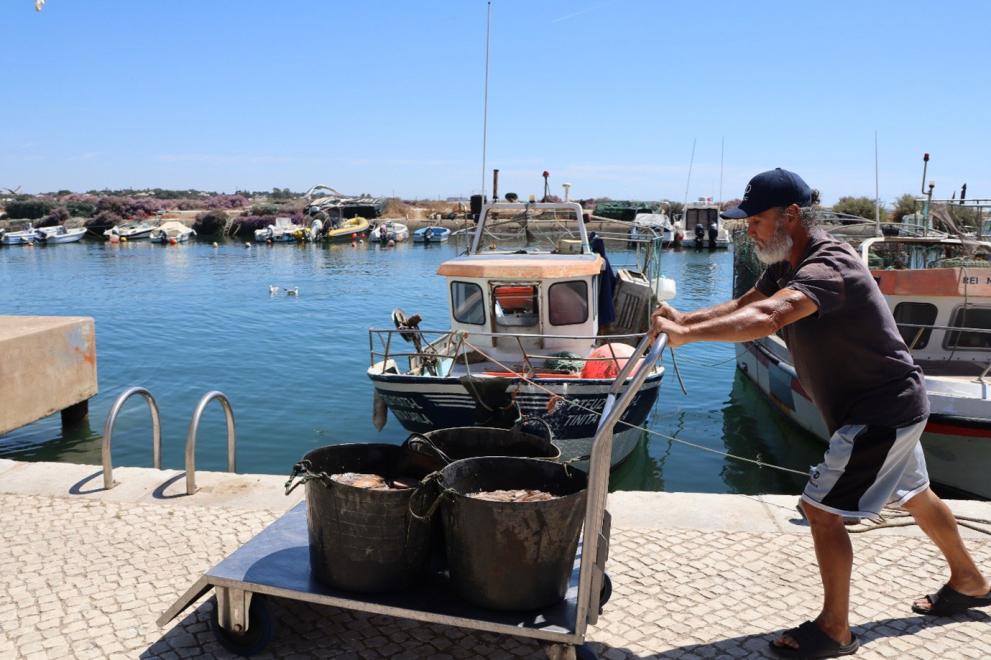
Portugal is one of the top three European suppliers of octopus, making this fishery an important source of income for many fishers on the Algarve coast.
Octopus fishery is excluded from EU quota regulations, so EU countries manage it individually. This makes sustainable management even more important in areas with a high dependence on octopus, such as the Algarve.
The EU-funded ParticiPESCA project recognised this and set out to apply participatory co-management for octopus fishing in the Algarve. The goal of the project is to promote the sustainable management of the species and the related fishery, including its environmental, economic, and social aspects.
The recognition that the fishing industry faces pressing challenges and that it needs a more inclusive, collaborative decision-making model is the driving force behind the project. Participatory co-management fosters a transparent exchange of knowledge and ideas among various stakeholders, promoting trust and understanding.
Local fishers, who rely on ocean resources for their livelihoods, are at the forefront of the initiative. They believe that participatory co-management can help them secure the future of their trade and ensure the long-term health of the marine ecosystem.
“From my point of view, this is a very interesting project to be part of. I am concerned about the environment, stock balance, and the income of those who work. All of this needs a path. ParticiPESCA can be that path.” says Manual João Prudêncio, fisher from the Associação de Pescadores de Armação de Pêra.
Traditionally, fisheries management is centralised, with decisions made solely by government authorities. Consequently, scientists and other stakeholders often do not have enough say in those decisions.
By promoting participatory co-management, ParticiPESCA is changing this approach. The project brings together a diverse range of stakeholders, including 15 fishers’ associations (representing over 700 local fishers from the region), government agencies, scientific experts, civil society organisations and the commercial sector.
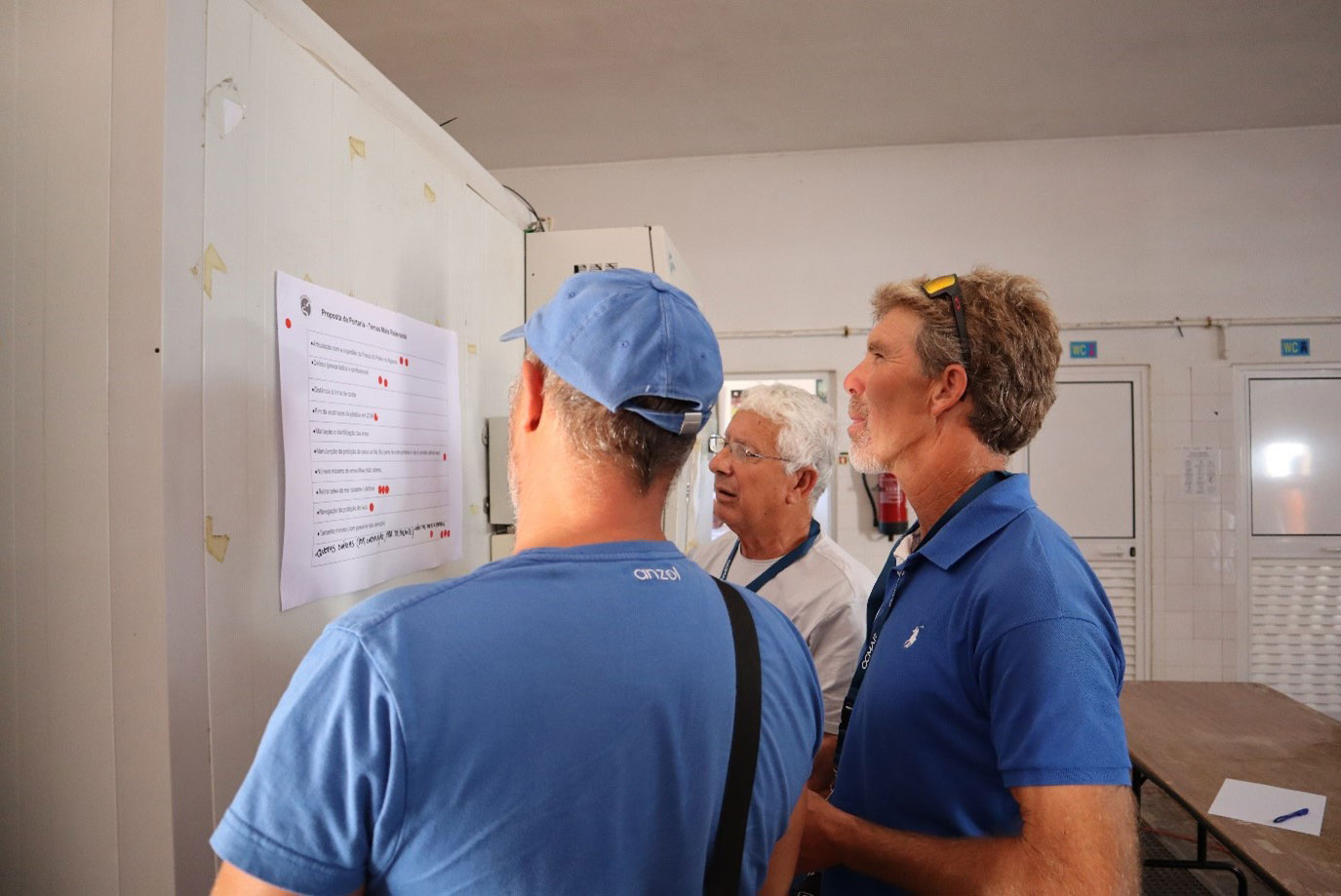
Octopus management: Three steps to success
The ParticiPESCA project has three key elements.
- At the outset, it was important to set up a co-management committee representing all the different stakeholders. The committee is a platform for collaborative decision-making in the management of octopus fishery, that ensures that all relevant perspectives are considered.
- The next element is resource and fisheries monitoring. Currently, data on octopus fishery is scarce, yet it is crucial for sound decision-making. ParticiPESCA, therefore, monitors the octopus population to assess its health and any potential changes. In addition, the project evaluates fishing practices, such as fishing locations, duration, socio-economic aspects and other factors.
- The final element is a comprehensive, science-based management plan. It outlines sustainable fishing practices, conservation measures, and strategies to balance ecological and economic interests. The emphasis is on data-driven decision-making and adaptive management that can be transplanted to other fisheries to create a balance between ecological conservation and the economic well-being of local communities.
Through the joint efforts of fishers, scientists, policymakers, and society, the project aims to secure a future where octopus fishing in the Algarve can thrive in harmony with the marine environment, benefiting both the livelihoods of local fishers and the ecological health of our oceans.
ParticiPESCA is led by ANPlWWF (Associação Natureza Portugal in association with WWF), in partnership with IPMA (Portuguese Institute for the Sea and Atmosphere), CCMAR (Centre of Marine Sciences), and the US Environmental Defense Fund.
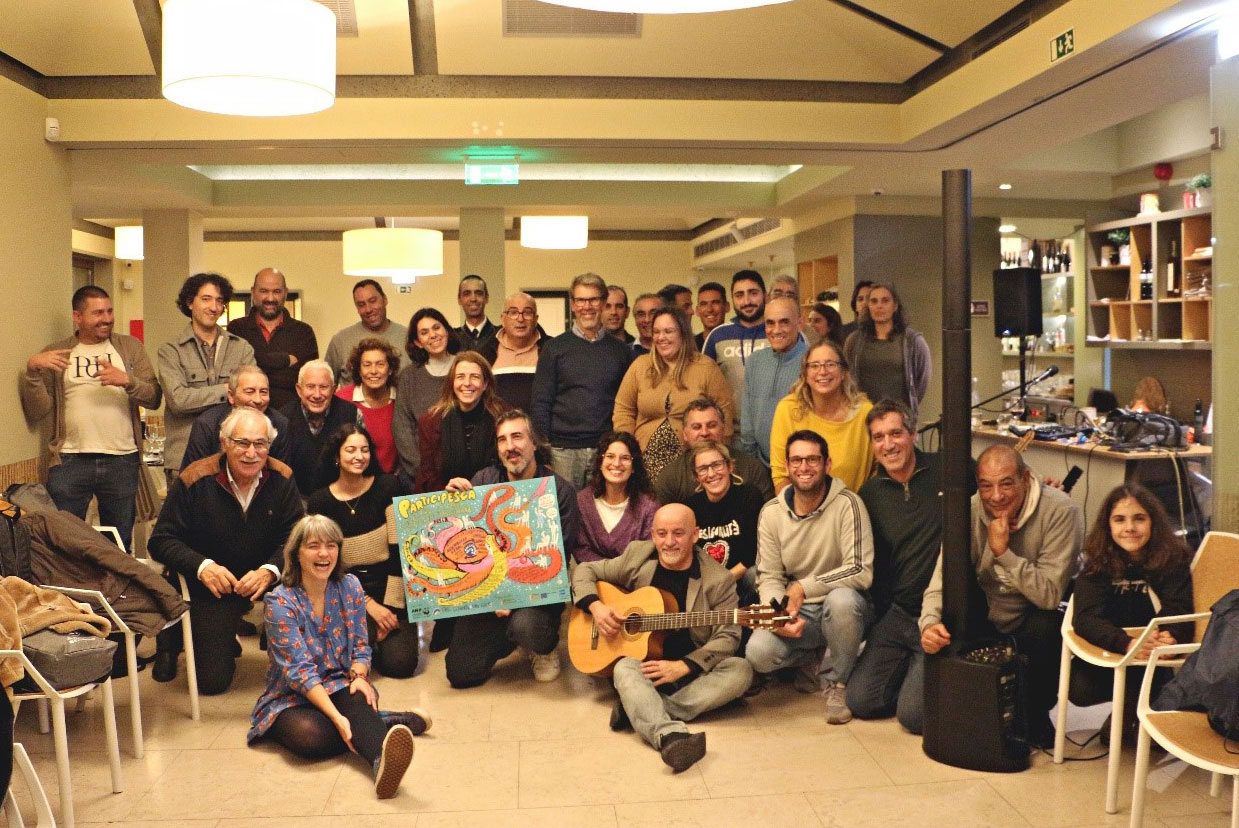
More information
Details
- Publication date
- 6 November 2023
- Author
- Directorate-General for Maritime Affairs and Fisheries

